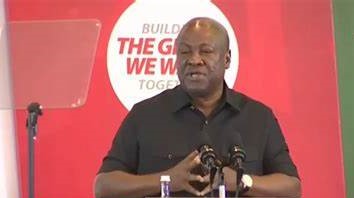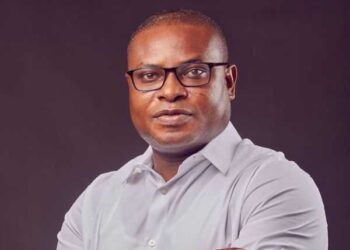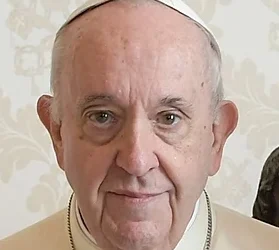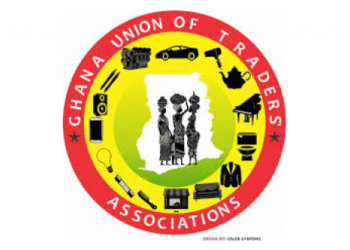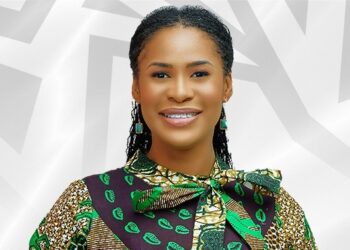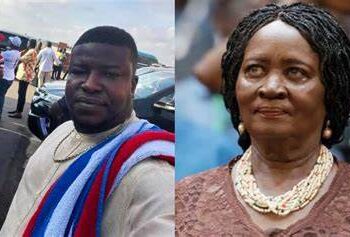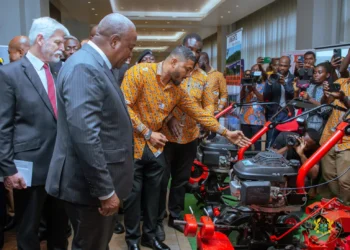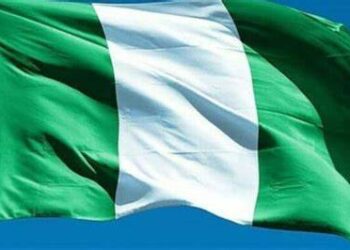In a meticulously organized media encounter, former President John Mahama has addressed a range of questions from journalists, demonstrating a commendable commitment to transparency and open dialogue.
The event, led by the Mahama Campaign Office, showed Mr Mahama’s willingness to engage with the press, reflecting his understanding of the media’s role in a democratic society.
However, despite the apparent success of the event, underlying concerns about journalistic equity and inclusivity were voiced, revealing a gap that needs addressing.
From the onset, the event was marked by its seamless organization. The Mahama Campaign Office ensured a professional and efficient environment, enabling smooth interactions between the former president and the media.
The atmosphere was conducive to meaningful exchanges, with Mr Mahama dedicating time to thoughtfully respond to every question posed. His approach underscored his experience and readiness to tackle issues head-on, projecting an image of a leader in touch with the needs and concerns of the populace.
A significant highlight of the encounter was the intervention by the President of the Ghana Journalists’ Association (GJA), Albert Kwabena Dwumfour. Seizing the opportunity, the GJA President raised critical issues regarding the welfare of journalists, specifically addressing concerns about salaries and safety.
This advocacy is vital in a profession often marred by precarious working conditions and threats to personal safety. By bringing these issues to the forefront, the GJA President highlighted the essential role journalists play in society and the need for their protection and fair compensation.
Despite the overall success of the event, it was not without its criticisms. A notable point of contention arose from several journalists who felt sidelined during the question-and-answer session. Many reporters claimed they were overlooked by the moderator, a situation they attributed to not being “known” or prominent within the media fraternity.
This perceived bias raised questions about the inclusivity of the event and whether all voices within the journalistic community were given equal opportunity to engage with the former president.
The concerns voiced by the overlooked journalists are significant, as they touch on the broader issue of equitable representation within media interactions. In an era where diverse perspectives are crucial for a holistic understanding of issues, ensuring that all journalists, regardless of their prominence, have the chance to participate is imperative.
Future events should consider implementing more transparent and fair methods for selecting who gets to ask questions, perhaps through random selection or pre-submitted questions to avoid any perception of bias.
Former President Mahama’s recent media encounter was a testament to effective organization and a commitment to dialogue with the press. However, the event also served as a reminder of the need for inclusivity and fairness in journalistic engagements.
Addressing the concerns raised by less prominent journalists and ensuring their voices are heard will not only enhance the credibility of such events but also strengthen the democratic fabric of the media landscape. As the Mahama Campaign Office continues its efforts, prioritizing these aspects will be key to fostering a more inclusive and representative media environment.

